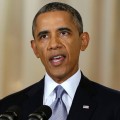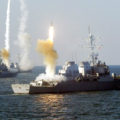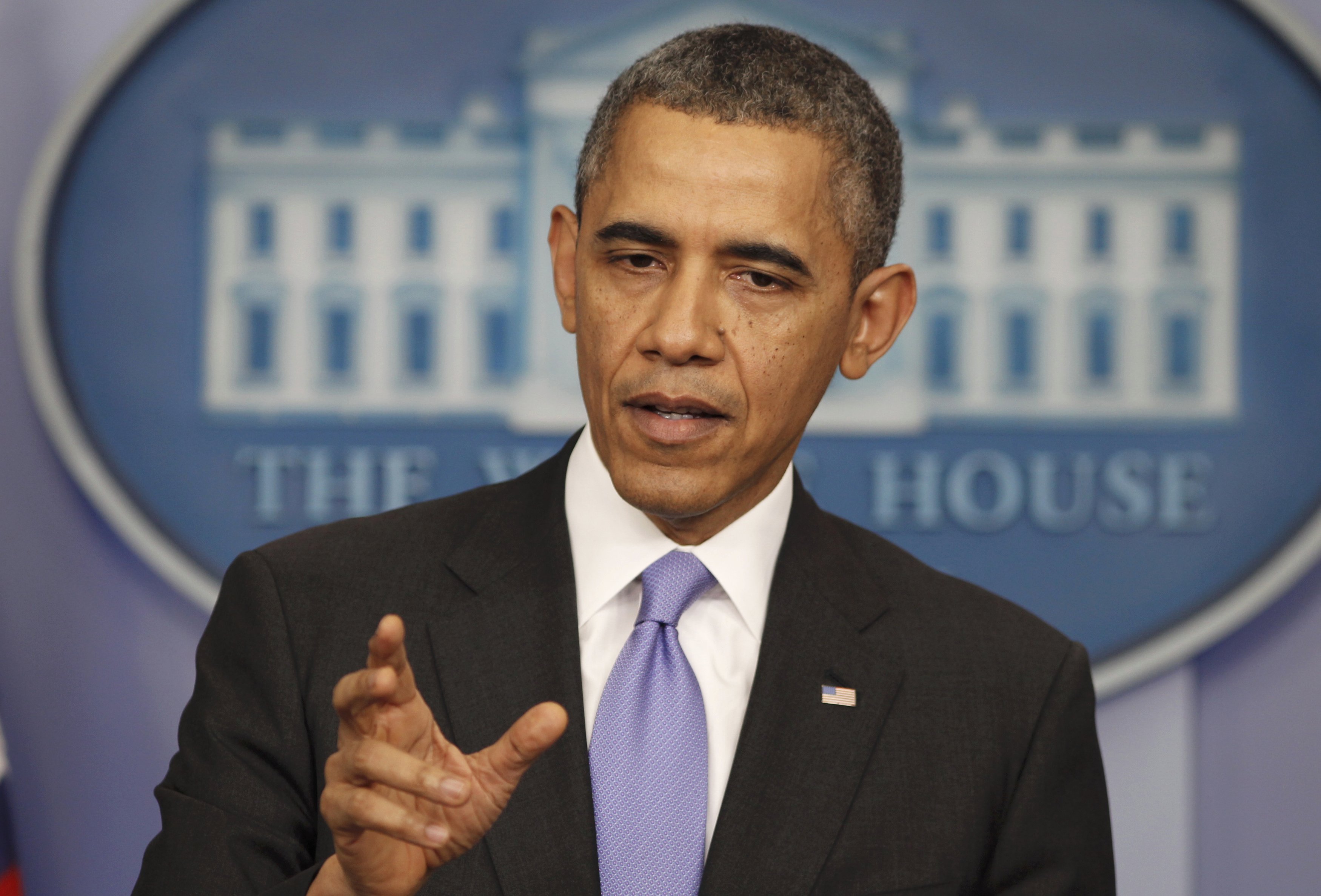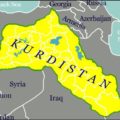Collapse of the Obama Doctrine — Part 2
Frank V. Vernuccio, Jr., Esq.
Today’s column concludes its analysis of President’s Obama’s failed foreign policies.
Middle Eastern turmoil has been an unsolvable dilemma throughout history, but during the Obama Administration, the problem has magnified thanks to U.S. missteps.
The Investigative Project on Terror reports that “Deaths from jihadist assaults rose from an annual average of roughly 2,500 innocents per year from 2001 to 2006, to an average of 3,300 per year in 2007-2011, to 9,000 per year in 2012-2013 and to an average of more than 28,000 in 2014-2015…Today ISIS claims two caliphates – one the size of Indiana in Iraq and Syria and the other along the Mediterranean coast in Libya – from which to expand its genocidal influence in the Middle East and Africa. Large areas of the African continent experienced tremendous mass slaughter from Islamist terror in recent years, led by ISIS affiliate Boko Haram.”
A key area where the President, contrary to his inclination to disengage in the Middle East, has intervened resulted in a negative outcome. Inexplicably, Mr. Obama committed American forces to the overthrow of Muammar Gaddafi, who had renounced his own nuclear program and terrorist past and was now on the same side as the West in the fight against al-Qaeda. Gaddafi’s elimination left Libya in chaos, allowing Islamic terrorists to thrive there. The destruction of the American facility in Benghazi and the murder of the American ambassador and his staff were a direct result.
In a departure from America’s long-standing doctrine of not negotiating with terrorists, President Obama opened discussions with Afghanistan’s Taliban, and later and combined it with an announced departure date of American forces from Afghanistan. (The Wilson Center reports “in recent months, the Taliban has intensified its insurgency in Afghanistan. It now holds more territory than at any time since 2001. Civilian casualties reached record levels in 2015, and scores of Afghans are fleeing the country.”)
Israeli relations provide another clear example of failure. Despite existential threats to that nation’s existence from Iranian missile developments, Mr. Obama has taken no steps in response to Tehran’s missile program, which has included test launches with rockets bearing “death to Israel” logos (The BBC reports that Iran’s top leader Ayatollah Ali Khamenei has said “anyone who thinks negotiations are more important than building a missile system are traitors.”)
The lack of U.S. resolve, including the premature withdrawal of troops from Iraq, the lack of adequate support for Israel and oppressed Kurds, the failure to oppose radical elements from gaining power within Arab governments, and the abandoned “red line” with Syria all greenlighted heightened acts of terror and assault.
A persuasive argument could be made that Americans, weary of decades of involvement in Middle Eastern and other international affairs, simply should turn inwards and become less tied into global issues. One could even cite statements dating as far back as the era of the Founding Fathers, who warned about excess entanglement in foreign disputes.
But even then, a different emphasis was placed on matters within the Western Hemisphere, expressed most cogently in the Monroe Doctrine.
Even in the New World, the President has demonstrated remarkably little concern for truly worrisome military developments. The Castro government’s agreement to allow the Russian Navy to return to Cuban ports didn’t impact the White House decision to establish diplomatic relations with Havana—less than a month after the Cuban-Russian agreement was reached! No response has been made to Nicaragua’s allowing Moscow’s nuclear bombers to refuel in their air facilities in order to continue threatening atomic patrols off U.S. coastlines. No substantive response has been made to the presence of Iran’s Hezbollah forces in Latin America, or China’s growing relationship with Caribbean and South American militaries.
The indications of a failed foreign policy are manifest, abundant, and truly distressing.
Frank V. Vernuccio, Jr., J.D. is the editor-in-chief of the New York Analysis of Policy & Government and the co-host of the popular WVOX weekly radio show, “And Nothing But The Truth.”


















Follow Us